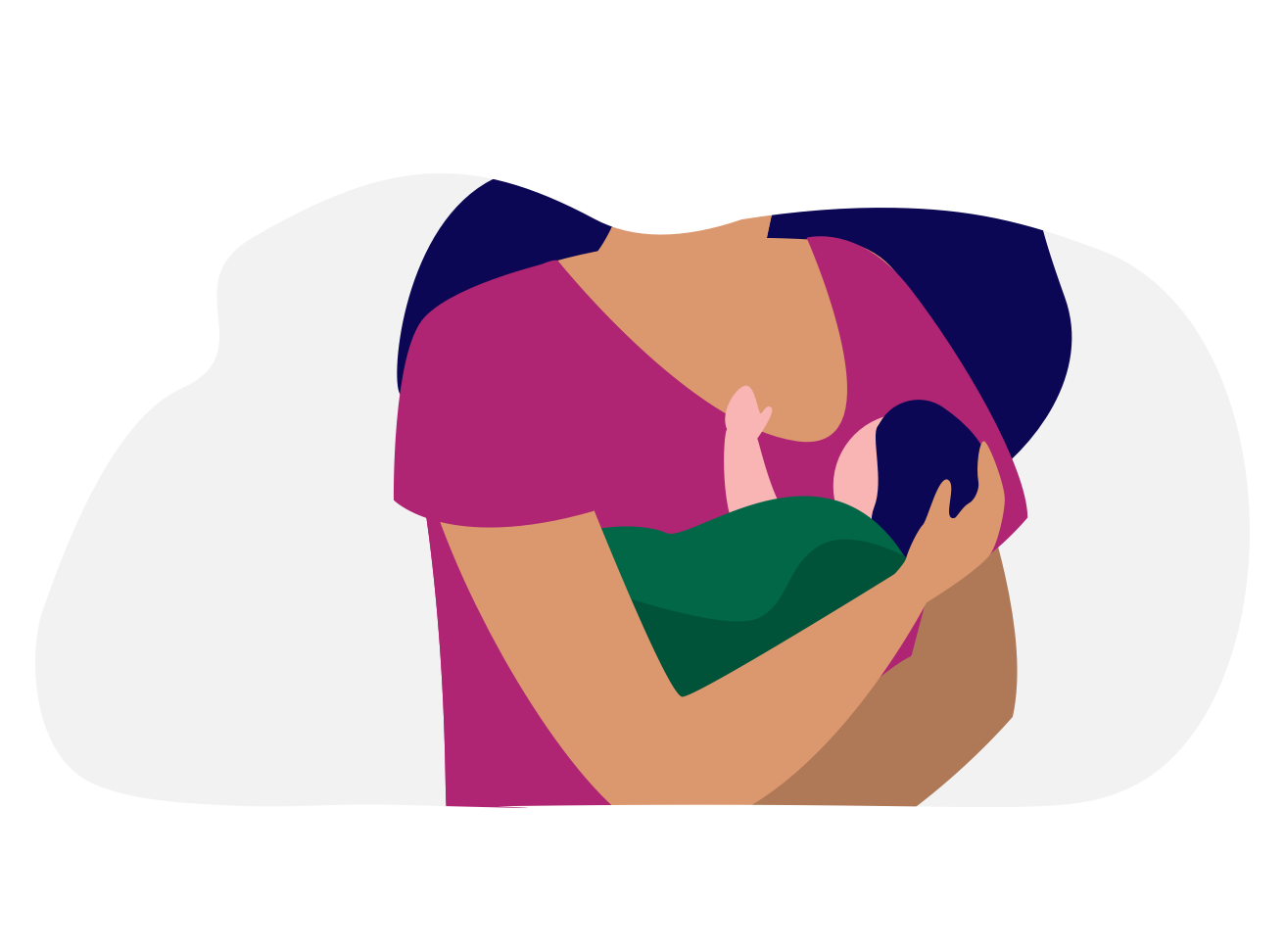- Most babies bring up small amounts of milk from time to time. This is often nothing to worry about. It will usually improve with time
- Although it might look like they are being sick a lot most babies will grow and develop normally. Your baby might not get distressed by it
- If your baby is healthy and keeps gaining weight there is usually no need to seek further help
- However, vomiting can sometimes be a sign of an underlying problem. Below are some signs to look out for if you are concerned your baby is unwell
Concerned about your baby vomiting (being sick)?
exp date isn't null, but text field is
Use the table below to help you know what to do if your baby is unwell. If your baby is vomiting but not unwell you can find more information in other sections.
 |
|
|---|---|
|
If your baby has any of the following:
|
You need help now. Go to the nearest Hospital Emergency Department or phone 999 |
 |
|
|---|---|
|
If your baby has any of the following:
|
You need to see a doctor or nurse today. Phone your GP practice or call NHS 24 - dial 111 |
 |
|
|---|---|
|
If none of the above features are present and your baby:
|
Self care You can keep looking after your child at home . If you are still concerned you can call NHS 111 – dial 111 |
- If you are breastfeeding, get advice from a breastfeeding specialist. Your health visitor or an infant feeding advisor can help. You can find more information on breast feeding on the page Breastfeeding your baby
- If you are bottle feeding, it may help to place your baby in a more upright position. Make sure that you use the right amount of formula milk powder. It can be easy to use too much if you have changed milks or are using a different scoop than the one given in the tin
- It can also be easy to give your baby too much milk when you are bottle feeding. Their stomach is only small. Most babies need little and often: 6-7 feeds per day is normal, including at night. Your health visitor can help with how much milk you baby needs and how often. They will let you know when your baby needs to see a doctor
There are different reasons why your baby might be being sick. Below we look at some of these briefly. This will give you some basic information about some of the reasons your baby might be being sick. It is not a guide to help you diagnose your baby. It is important that you follow the traffic light advice above if your baby is unwell. Speak to health a professional if you are concerned about your baby. Always get help if you feel your child is getting worse.
Gastro-oesophageal Reflux Disease (GORD)
Some reflux is very normal in babies. The muscle at the end of the food pipe, which keeps milk in the stomach, is still developing. Reflux may cause your baby to bring up milk after a feed, and can also give them hiccups. If your baby is growing and is not distressed there is no need to worry.
More severe reflux may cause your baby to cry or seem uncomfortable after feeding. More severe reflux is known as gastro-oesophageal reflux disease (GORD) and means that at times milk and stomach acid flow back up their food pipe causing discomfort.
Gastroenteritis (A viral or bacterial infection causing vomiting and/or diarrhoea)
If your baby's vomiting starts suddenly, or if they also have diarrhoea, they may have gastroenteritis. Gastroenteritis is usually caused by a viral infection. If your baby has a viral gastroenteritis they often start to get better within 24 hours.
Do not stop giving your baby milk.
Babies under 6 months of age are at more risk of getting dehydrated than older children. It is important to make sure that they are drinking enough. Little and often tends to work best.
If your baby is breastfed then you should keep trying to give small breast feeds often.
If your baby is formula fed do not dilute the formula. Offer small feeds often.
You should not use fruit juices and fizzy drinks for rehydration or in babies under 6 months of age
Infection
Your baby may be vomiting because they have an infection. If your baby has an infection they will often have a high temperature above 38°C / 100.4°F. The most likely cause is a viral infection. However, if your baby has a bacterial infection this can be serious. Bacterial infections should be treated as soon as possible.
table above.
If your baby has signs of a serious infection you need urgent help. Go to the nearest Emergency Department or phone 999.
Cow’s Milk Protein Allergy (Non-IgE CMPA)
Some babies have a non- IgE mediated cow’s milk protein allergy (Non Ig-E CMPA) which can make them vomit along with other symptoms. A non-IgE mediated cow’s milk protein allergy is unlikely to make your baby vomit without other symptoms.
Allergy UK have information on immediate Cow’s Milk Allergy and Non-IgE mediated CMPA. It is important not to make changes to your diet or your baby’s formula milk without getting help and advice.
If your baby has any signs of an immediate reaction get help straight away. Signs of an immediate reaction include swelling of the lips or the tongue or finding it hard to breathe. You need to phone 999 or go the nearest Emergency Department if you see these signs.
Last reviewed: 01 September 2022
Next review: 01 September 2025
Approved By: Dr Morag Wilson


